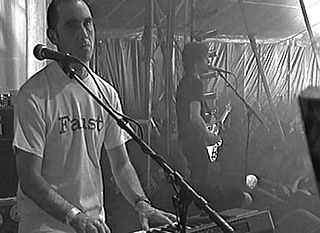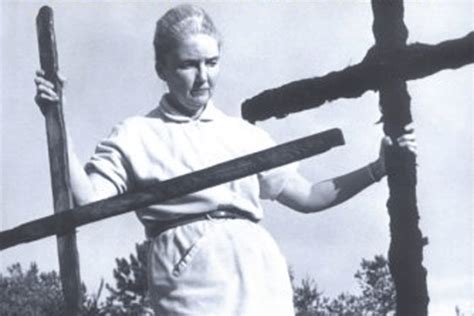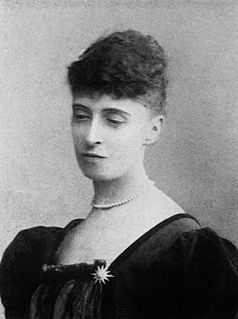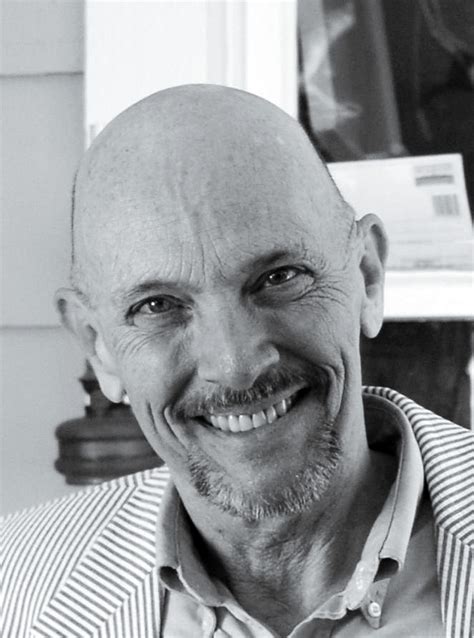A Quote by Pat Conroy
She was one of those Southerners who knew from an early age that the South could never be more for them than a fragrant prison, administered by a collective of loving but treacherous relatives.
Related Quotes
...fact was she knew more about them than she knew about herself, having never had the map to discover what she was like. Could she sing? (Was it nice to hear when she did?) Was she pretty? Was she a good friend? Could she have been a loving mother? A faithful wife? Have I got a sister and does she favor me? If my mother knew me would she like me? (140)
Terroir - the taste of place - was important from the early South of the first Indian, African, and Europeans to the nineteenth-century South. During that time, Southerners ate far more locally and seasonally, from the ground they knew and grew up on. That idea connects back to today. You are a place. And as a Southerner, the food you place in your body speaks of your personal history, and of the broader Southern history.
Courage has you say in a defiant spirit you can take everything from me, you could cut me deep, you could render me in shame but you will never ever stop me from loving those who mock me, from loving those that hate me, from loving those who don't forgive me, from loving the cynics, from loving the darkness so much that I myself through my small acts of consistent unyielding love may bring on the light.
Madame Ratignolle hoped that Robert would exercise extreme caution in dealing with the Mexicans, who, she considered, were a treacherous people, unscrupulous and revengeful. She trusted she did them no injustice in thus condemning them as a race. She had known personally but one Mexican, who made and sold excellent tamales, and whom she would have trusted implicitly, so soft-spoken was he. One day he was arrested for stabbing his wife. She never knew whether he had been hanged or not.
Goodness was more difficult than evil. Evil men knew that more than good men. That's why they became evil. That's why it stuck with them. Evil was for those who could never reach the truth. It was a mask for stupidity and lack of love. Even if people laughed at the notion of goodness, if they found it sentimental, or nostalgic, it didn't matter -- it was none of those things, he said, and it had to be fought for.
But having more freedom she only became more profoundly aware of the big want. She wanted so many things. She wanted to read great, beautiful books, and be rich with them; she wanted to see beautiful things, and have the joy of them for ever; she wanted to know big, free people; and there remained always the want she could put no name to? It was so difficult. There were so many things, so much to meet and surpass. And one never knew where one was going.






































